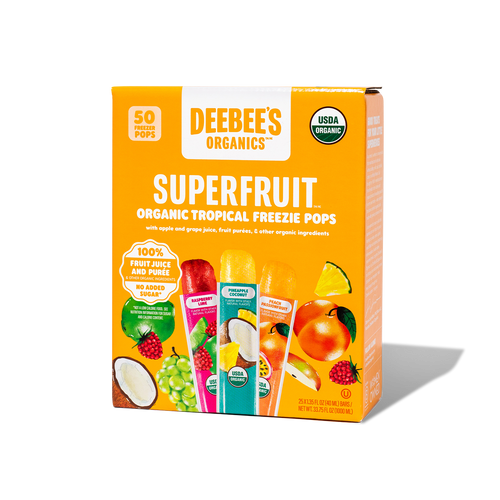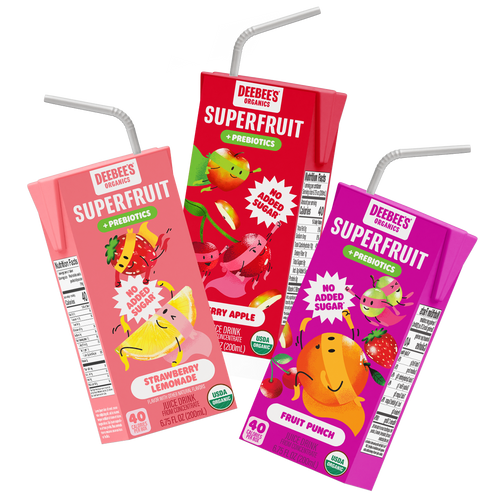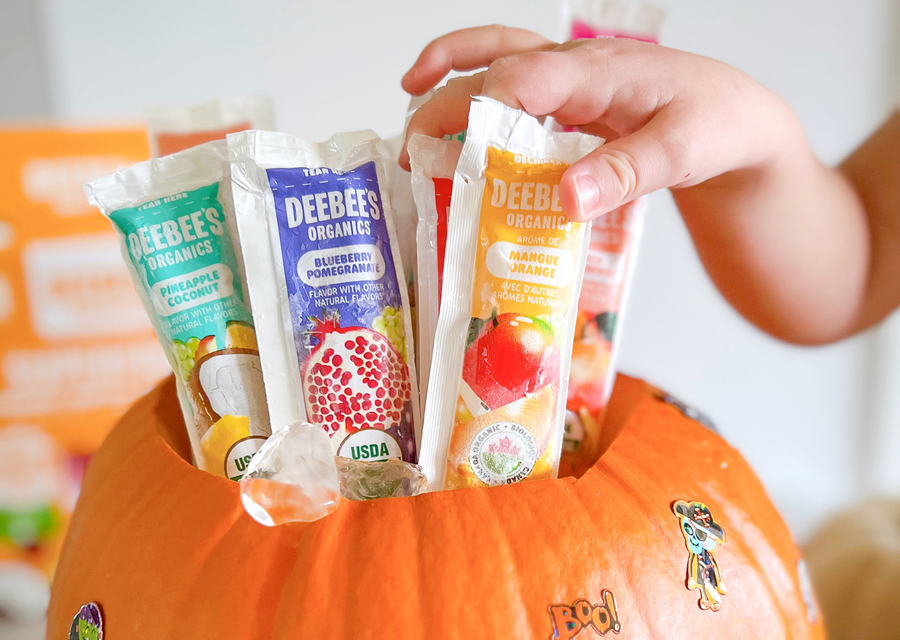Did you know that there are over 20,000 species of edible plants that become the food on our plates every year?
This New Year, we might be looking to improve the quality of nutrients we put in our bodies as we become our healthiest selves. Keep reading to explore the benefits of plant-based choices, and how to easily (and deliciously!) incorporate more plants onto your family’s plates this year.
What are Plant-Based Diets and Plant-Based Choices?
Following a plant-based diet means that a large portion of your food intake comes from plants. This doesn't necessarily mean you are a vegan or vegetarian as you still have the flexibility to choose the foods you consume, including dairy and meat! A plant based-diet involves choosing to make plant-based choices when you eat, rather than only eating plant-based foods. Examples of plant-based ingredients include not only fruits and vegetables, but also grains, beans, oils, seeds, and nuts.
Eating a plant-based diet does not have to be restrictive! Instead of simply removing dairy or meat from your plate and replacing them with plants, we encourage you to gradually incorporate small amounts of plant-based foods onto your plate to start off.
The Benefits of Eating More Plants
While everyone is allowed to enjoy the foods that make them feel energized and happy, there are a lot of proven health benefits to including more plants in your diet!
Generally speaking, plant-based choices can be not only cost-effective but also support your immune system — something that’s especially important in the colder months of the year! Most plant-based ingredients are high in fiber, which helps the body naturally lower cholesterol, stabilize blood sugar levels, and regulate bowel movements. This makes plants a great food to base your diet on, no matter your age!
Increasing your natural nutrient intake through a plant-based diet is also known to reduce your risk of cancer and other diseases over time. For those with localized pain or chronic diseases (that include soreness, redness, or swelling), the nutrients found in plants even help fight off inflammation. Now that we know how eating more plants can support our bodies, keep reading to learn how to easily do so!
Our Favorite Ways to Include More Plants in your Family's Diet
Ready to start adding more plants to your plate? Here’s our favorite ways to get the whole family regularly eating more nutrient-dense foods throughout the year:
- Homemade trail mix: try your hand at mixing a variety of plant-based staples already in your pantry (nuts, seeds, and dried fruits are a great place to start) and bag them up! This can be a great way to power your family’s entire day with some snackable plant-based nutrition.
- Plant based dips: It can sometimes feel overwhelming to eat a salad for a whole meal. If this is you, a plant-based dip is an easy way to add excitement to your plate and get extra nutrients in, too! Our favorites to add to any snack plate or finger-food meal include guacamole, hummus, and baba ganoush.
- Make your own pasta sauces and stews: Instead of buying canned soups and sauces, try to opt to make them yourself. This can be a great way to blend in nutrient-dense foods and give more body to your meals! Our favorite ingredients to blend into sauces and stews include zucchini, mashed beans, squash, carrot, and even beets! Pro tip: try boiling lentils into a stew for a delicious boost of plant-based richness.
- Smoothies: Bring out the blender and get juicing! Smoothies made with both fruits and vegetables are filled with nutrients that are great for keeping your body energized throughout the day. Try incorporating dates, yogurts, and nuts into your smoothie to give them a more rich (and nutrient dense!) kick.
- Make a plant-based broth: A great way to incorporate plant-based power while also limiting the amount of food waste in your home is by boiling vegetable peels, ends, and stalks in hot water to make a delicious plant-based broth! Vegetable broths can be frozen for up to 6 months, and can help add both body and flavor to many dishes.
- Stay in touch with what’s seasonal: One of our favorite ways to eat more plants is to eat and drink with the seasons. Did we mention that buying fruits and vegetables that are in season is actually one of the most affordable ways to eat plant-based? We love using this USDA guide on seasonal fruits and vegetables — be sure to keep an eye out for the associated produce at the local grocery store!





